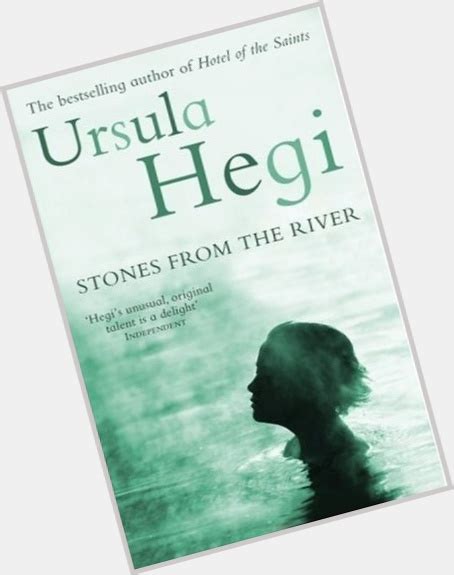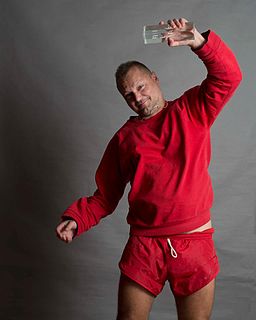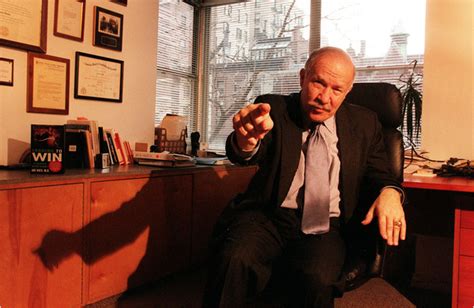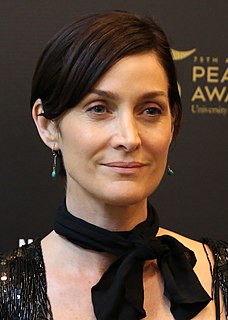A Quote by Sam Mendes
Children make you confront your own childhood. Which I think is common. Suddenly you're remembering your own parents as parents, not to mention the fact that you're confronted by them as grandparents. So you also have that terrible shock, a mirror image of your own. You suddenly seem to be so helpless in the face of young children. And you think, "How did you ever bring up me?"
Related Quotes
Children grow rapidly, forget the centuries-long embrace from their parents, which to them lasted but seconds. Children become adults, live far from their parents, live their own houses, learn ways of their own, suffer pain, grow old. Children curse their parents for their wrinkled skin and hoarse voices. Those now old children also want to stop time, but at another time. They want to freeze their own children at the center of time.
The presence of a grandparent confirms that parents were, indeed, little once, too, and that people who are little can grow to be big, can become parents, and one day even have grandchildren of their own. So often we think of grandparents as belonging to the past; but in this important way, grandparents, for young children, belong to the future.
Make up your mind to this. If you are different, you are isolated, not only from people of your own age but from those of your parents' generation and from your children's generation too. They'll never understand you and they'll be shocked no matter what you do. But your grandparents would probably be proud of you and say: 'Theres a chip off the old block,' and your grandchildren will sigh enviously and say: 'What an old rip Grandma must have been!' and they'll try to be like you.
Parents impose their own limited concepts on their children, often ignoring their temperaments, special needs, and abilities. Your parents and teachers may have mistakenly ignored your strengths or may not have encouraged you to develop them. You can discover your basic capacities by experimenting with things that you always wanted to do. Don't be discouraged by notions that seem "silly" or "foolish" or "not you." Do it! Who knows what will happen?
'Our parents' generation had it a lot tougher than we did. They had to live through the Depression, World War II, and then they had to, you know, try to pick up the pieces of their lives and bring up their children. And, it was a great example for us. I guess we grew up with a certain amount of the ethics our parents had, which is, you know: work hard, make your own way, be independent.
I wondered if parents had an easier time with the secrets their children kept than children did with the secrets of their parents. A parent's secrets seemed like some sort of betrayal, where my own just seemed like a fact of life and growing up and away. I was supposed to be independent, but he was supposed to be available. Him having his own life seemed selfish, where me having my own was the right order of things.
There are great parents of small children - they keep their little hair in bows - but those parents are not always good parents of young adults. As soon as their children get up to some size, it's "Shut up, sit down, you talk too much, keep your distance, I'll send you to Europe!" My mom was a terrible parent of small children but a great parent of young adults. She'd talk to me as if I had some sense.






































